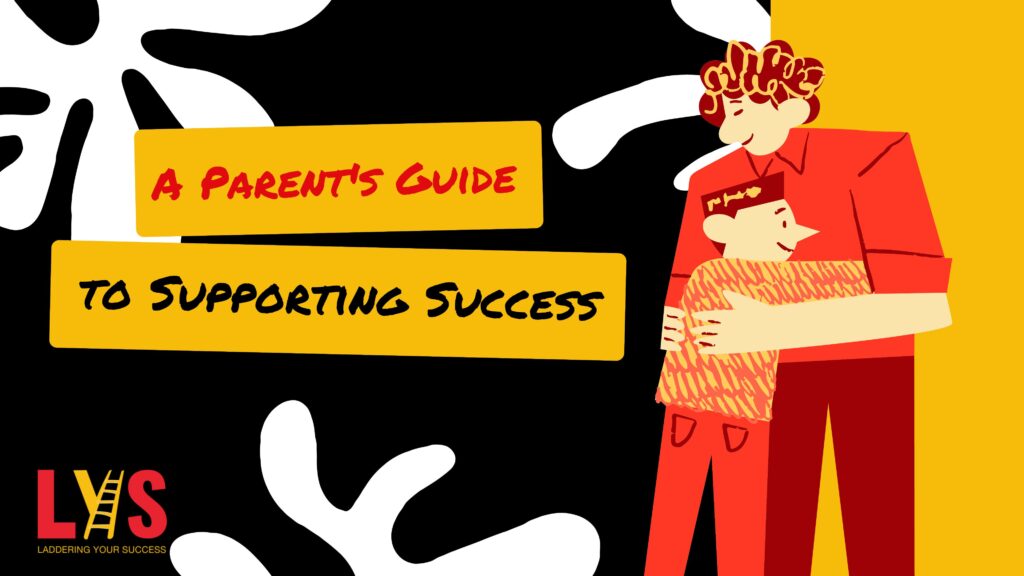As proactive parents, being actively involved in your child’s education is one of the most impactful ways to support their academic and personal development. A proactive strategy can greatly increase a child’s self-esteem, drive, and academic success. Here are some useful strategies you can use to get involved in your child’s education, regardless of when they are starting school or are about to enter the more difficult middle and high school years.
1. Create a Positive Learning Environment at Home
A child’s learning habits are greatly influenced by their home environment. Your child should have a peaceful, cozy area where they can concentrate on their schoolwork, reading, or studying. Ensure that there are no distractions in this area, such as TV or video games. Provide basic office supplies, like pencils, notebooks, and a computer if you can. This instills in your child the belief that education is a valuable and esteemed aspect of their everyday life.
2. Establish a Routine and Set Clear Expectations
Children benefit greatly from structure. Children who have a regular daily schedule that includes time for play, homework, and family activities are more likely to have strong time management skills. Giving your kids clear guidelines for behavior, schoolwork, and responsibilities empowers them to take charge of their education. Establishing a timetable for finishing homework and studying helps to foster discipline and discourages last-minute scrambling.
3. Stay Connected with Teachers and School Staff
Keeping lines of communication open with your child’s teachers is one of the best ways to learn about their academic progress and identify any areas in which they might require additional help. Proactive parents attend parent-teacher conferences, send email updates, and stay informed about any school announcements. Instructors are a great source of information about your child’s strengths and shortcomings, and if you communicate with them in a proactive manner, you can address concerns before they get out of hand.
4. Encourage a Growth Mindset
A growth mindset—the belief that abilities and intelligence can be developed with effort—can have a powerful impact on your child’s attitude toward learning. Encourage your child to take on new challenges, grow from their errors, and persevere through difficult times. Acknowledge their efforts as much as their accomplishments, and set an example of a positive outlook on lifelong learning. Children are more likely to take on new challenges with confidence when they think they can get better with effort.
Need help? Here are our many resources to help!
5. Provide Learning Opportunities Beyond the Classroom
The school day doesn’t end when learning is done. Taking an active role in your child’s education means looking for extra learning opportunities. Take part in educational games and activities, read books aloud, visit museums, and have conversations about the news. Look into subjects that your kids are interested in to help them learn in a fun and fulfilling way. These exercises encourage your child’s curiosity and enthusiasm for learning while also reinforcing the lessons they are learning in school.
6. Monitor Screen Time and Promote Healthy Habits
Even though technology plays a significant role in modern education, it is imperative that you keep an eye on your child’s screen time. Limit your leisure screen time so that it doesn’t get in the way of your reading, homework, or outdoor activities. Promote healthy lifestyle choices like consistent exercise, a balanced diet, and enough sleep—all of which are critical for focused and cognitive growth. A balanced lifestyle promotes physical and mental health, which helps your child succeed academically.
7. Help Your Child Develop Organizational Skills
The secret to assisting your child’s academic success is to teach them how to maintain organization. Promote the use of calendars, planners, or applications to manage homework, deadlines, and extracurricular activities. Divide more complex projects into smaller, more doable tasks, and assign due dates to each stage. Early acquisition of these organizing skills will help your child succeed in school and in life.
Check out these tips to help you get started on being a proactive parents!
8. Be Involved Without Overstepping
Achieving a balance between encouraging your child’s independence and staying involved in their education is crucial. Supporting your child is important, but don’t do their work for them. Rather, mentor them through challenging assignments, pose insightful queries, and promote problem-solving. Encouraging them to take charge of their education gives them self-assurance and imparts valuable life skills.
9. Encourage Reading and Literacy Skills
One of the most important abilities for success in school and beyond is reading. By giving your child books that are appropriate for their reading level and interests, you can promote regular reading habits. Together, you can read books, have book discussions, or pose questions that encourage critical thinking. Your child’s literacy, comprehension, and analytical abilities will grow stronger the more they read.
10. Celebrate Achievements and Efforts
Appreciate your child’s academic accomplishments, no matter how big or small. Recognizing their accomplishments, whether it be passing a test with ease, getting better grades, or grasping a challenging subject, boosts their confidence and motivation. An effective strategy for influencing a child’s attitude toward learning is positive reinforcement.
One of the best investments you can make in your child’s future is to be proactive in their education. You can assist your child in laying a solid academic foundation by fostering a growth mindset, staying engaged with teachers, offering opportunities for learning outside of the classroom, and setting up a positive learning environment. Recall that your involvement develops a lifelong love of learning in addition to improving their performance.
By following these strategies as proactive parents, you can ensure your child is well-prepared for success both in school and in life.









